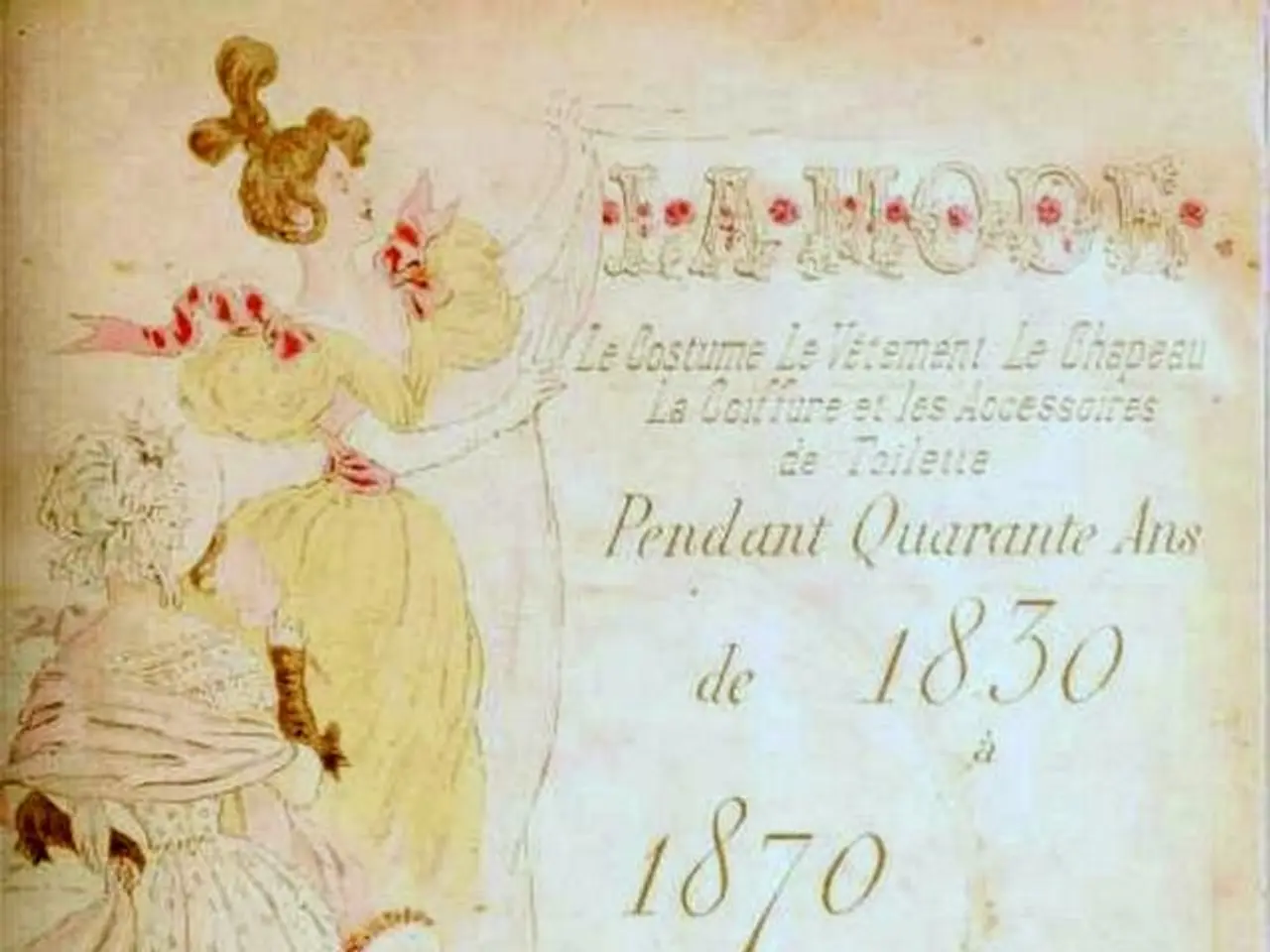Public fund recipients should abstain from representing gender identities
In a move that has sparked controversy, Culture Minister Wolfram Weimer has implemented a ban on gender-inclusive language with special characters in official communications within his authority. This ban, which came into effect in spring 2024, applies to the 470 employees under his authority in the Federal Chancellery (Berlin and Bonn) and extends to his call for other publicly funded agencies to follow suit[1][2][4].
Weimer argues that "forced gendering" does not reflect how the majority of people speak in Germany and believes that gender-inclusive language deepens societal divisions. However, he allows individuals to express themselves freely in private, but official communications must comply with traditional German orthographic rules, consistent with guidelines from the Council for German Orthography[1].
The ban has been met with criticism from various quarters. Thuringia's state authorities were already instructed to refrain from "grammatically incorrect gender language" at the end of 2022, but Weimer's recent enforcement of the ban in his own department's official correspondence has raised concerns about freedom of expression[3].
The German Journalists' Association opposes Weimer's initiative, stating it interferes with broadcasting freedom. Mika Beuster, DJV chairman, believes it is inappropriate for a culture minister to dictate gender language in broadcasting contributions[5]. Sven Lehmann, chairman of the Culture Committee in the Bundestag, has labelled Weimer a "missionary culture warrior," while Misbah Khan, deputy leader of the Green parliamentary group, sees an "implicit threat" in Weimer's statements, believing it to be an attack on the freedom of art and culture[6].
Weimer, however, rejects any "paternalistic language education" and insists that language should unite, not divide. He maintains that his stance is about preserving the integrity of the German language[7]. The federal government, following Weimer's recommendations, does not use words with gender asterisks and adheres to the guidelines provided by the Council for German Orthography[8].
Despite Weimer's appeal for a broader ban, other federal ministries have not indicated plans to stop using gender-inclusive language, and some continue to use it in their official documents[3]. The debate surrounding Weimer's initiative highlights the ongoing discourse about the role of language in reflecting and shaping society.
[1] https://www.tagesspiegel.de/politik/kulturminister-weimer-will-gender-neutrale-schreibweisen-verboten-stellen/27963668.html [2] https://www.welt.de/politik/deutschland/article213959572/Kulturminister-Weimer-will-Gender-neutrale-Schreibweisen-verboten-stellen.html [3] https://www.spiegel.de/politik/deutschland/kulturminister-weimer-will-gender-neutrale-schreibweisen-verboten-stellen-a-37155412.html [4] https://www.zeit.de/kultur/2023-04/kulturminister-wolfram-weimer-gender-neutrale-schreibweisen-verbot [5] https://www.dw.com/de/kulturminister-weimer-will-gender-neutrale-schreibweisen-verboten-stellen/a-61881082 [6] https://www.tagesschau.de/inland/kulturminister-weimer-gender-neutrale-schreibweisen-101.html [7] https://www.sueddeutsche.de/politik/kulturminister-weimer-will-gender-neutrale-schreibweisen-verboten-stellen-1.5955663 [8] https://www.deutschlandfunk.de/kulturminister-weimer-will-gender-neutrale-schreibweisen-verboten-stellen.123.de.html?dram:article_id=5-5005715590
- The ongoing controversy surrounding Culture Minister Wolfram Weimer's implementation of a ban on gender-inclusive language has brought forth discussions in the realm of policy-and-legislation, particularly in relation to freedom of expression and the role of language in politics.
- Amidst the debate about preserving traditional German orthographic rules, various associations like the German Journalists' Association have raised concerns about how Weimer's policy might impact general-news broadcasting, asserting that it interferes with broadcasting freedom.








